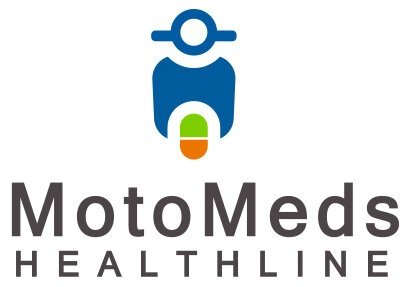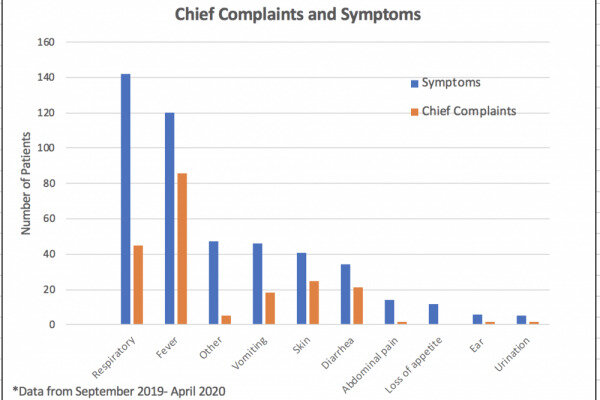Haiti
After three years straight (1095 days!) of providing nighttime access to care the need to digitize the clinical decision support tools is . The paper version is cumbersome time intensive and prone to guideline deviations with providers referencing 3 different documents simultaneously. We hypothesize a digital version will streamline the process and improve efficiency and accuracy.
We are currently working with our partner Beehyv to build the software that will be evaluated in the INACT4 study (2022-2023), an interrupted time series study to compare rates of guideline deviations and operational metrics between the use of paper and digital tools as well as assess user acceptability.
In January of 2021 we began testing the scalable model of MotoMeds with the launch of the INACT3 study. In-person exams were limited to moderate cases (~20% of all cases) and those with mild illness received a delivery alone. This is an essential step towards managing limited resources while maintaining a high standard of care.
This workflow adjustment allowed MotoMeds to open its first satellite delivery zone to respond to the August 2021 earthquake in Les Cayes. The central call center in Gressier fields calls from families in Les Cayes, 200 km away. Locally positioned on-call nurses and delivery drivers are then dispatched. This ‘hub and spoke‘ model allows MotoMeds to further maximize resources.
Feasibility Study in Gressier Haiti
In September 2019, a feasibility study was completed in Gressier Haiti. We established the infrastructure necessary to operate a call center and delivery service and began evaluating the safety of the MotoMeds assessment tools and clinical guidelines.
What is the Need?
From August 2018-July 2019, our team conducted a needs assessment in Gressier and Leogane, Haiti to better understand how the community uses healthcare with the goal of identifying potential strategies to improve access to qualified care.
Haiti's healthcare system is comprised of both conventional (clinics, hospitals, pharmacies) and non-conventional (medicine vendors, traditional healers, etc.) providers. The needs assessment revealed that geographic barriers often prevent families from seeking care from their preferred provider type.
MotoMeds provides solutions to these barriers by reaching even the most remote patients on motorcycle.
Our Impact
Where
The call center was established in Gressier Haiti, a semi-rural area about 30 miles outside the capital, Port au Prince. Children who live within a 5 km radius of the call center are eligible for medication and fluid delivery.
Who
Parents have called MotoMeds for children ranging in age from 10 days to 10 years. Over half of the patients have been under 2 years, a very vulnerable stage for children in Haiti.
Why
Almost half (42%) of parents call MotoMeds because their child has a fever. Other common symptoms are respiratory (67%) such as coughing and nasal discharge, vomiting (22%), and skin infections/irritations (19%). Patients have an average of 2 symptoms.
How
Our delivery drivers work as motorcycle taxis during the day, bringing kids to school and transporting women to the markets to sell their goods. Their expert knowledge of the terrain is essential to completing deliveries in an environment without roads or an address system









